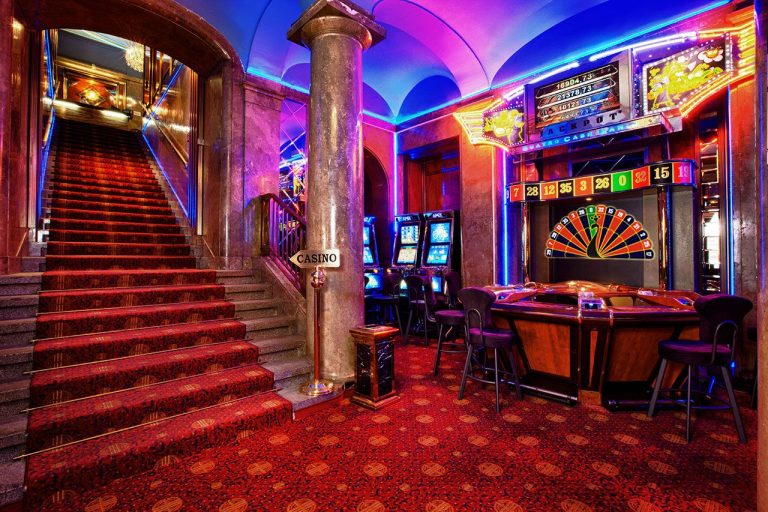A player seeking to understand how to come out ahead in a casino encounters an industry where everything is subject to numbers, logic, and probabilities. The platform does not replicate the atmosphere of a real hall but transforms it into a digital model where every move is recorded, and every bet affects the statistics. Profit is not generated from random wins but from accumulated decisions, budget control, and systematic approaches to choosing games and strategies. The casino creates the platform, but the player decides whether it will be a source of entertainment or controlled income.
Participants who accumulate stable profits do not rely on intuition but on structure. They select platforms with proven licenses — for example, Curacao or Malta Gaming Authority — to eliminate manipulations with RTP. They register on resources where the slot return exceeds 96%, where regulators control payouts, and customer support does not ignore requests. These users do not chase visual design but analyze the mechanics of each game: volatility, algorithms, spin length, delays, and payout structure. Only with this approach does the real path to being ahead in a casino open up — in the long term, without illusions or “miracles.”
Winning strategies: how to come out ahead in an online casino
Real winning strategies in online casinos are based on understanding probabilities and smart bet management. No one gains an advantage out of thin air — it is created through methodicalness. For example, when playing roulette with a fixed 97.3% RTP, a player cannot expect constant wins by increasing the bet after each loss. Instead, professionals calculate the length of a series, set boundaries, and exit after reaching the goal, without letting emotions dictate their behavior.
In slots, winnings do not arise from a random click but from analyzing specific machines. Users choose slots with high RTP (for example, Blood Suckers by NetEnt — 98%), low volatility, and stable mini-wins. This approach reduces risk, increases the number of game rounds per deposit, and creates conditions for progressive growth.
Emotional control and avoiding addiction
Casinos stimulate addiction, but it is emotional control that distinguishes a successful player from a novice. Mistakes often occur not because of a lack of knowledge of the rules but due to a loss of self-control. After a series of losses, an inexperienced participant increases bets, doubles deposits, and forgets about limits. This model quickly leads to a zero balance and complete budget loss. To maintain control, professionals use fixed time and financial limits. For example, they limit a session to 90 minutes, regardless of the outcome, and exit after losing 10% of their bankroll.
How to come out ahead in a casino: emotions directly influence decisions. In a tilt state, a player stops analyzing and acts impulsively. To maintain an advantage, professionals do not rely on chance. They end a session at the first signs of excitement or irritation. Some platforms, such as LeoVegas, allow setting time limits within the account — protecting against overspending and maintaining stable discipline.


